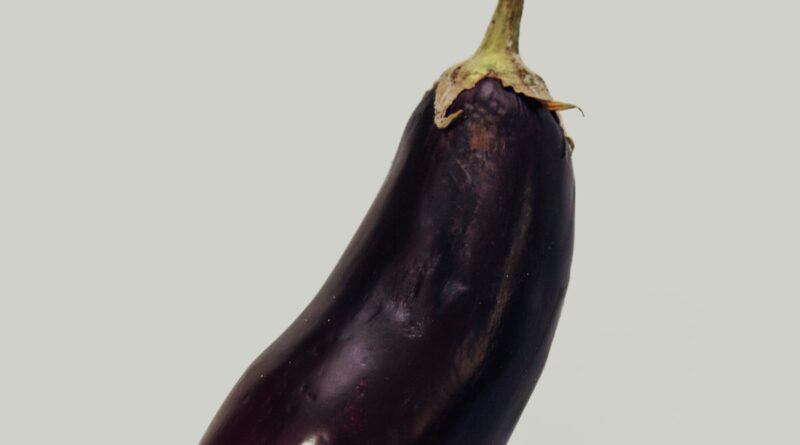Bokenasu
Today, I will talk about the Japanese slang “bokenasu.”
ボケナス
The literal meaning of “bokenasu” is “a faded eggplant,” but it is used as an abuse that means “idiot” in common.
(Actually, both “boke” and “nasu” could be an abuse.)
(Actually, both “boke” and “nasu” could be an abuse.)
今日は、日本の俗語「ボケナス」を紹介します。
Also, there is the similar phrase “otanko nasu,” which means “stupid” or “lubber.”
(There are several theories about the etymology, but it’s not clear.)
(There are several theories about the etymology, but it’s not clear.)
「ボケナス」は色つやのあせたナスを表しますが、それが転じて「ぼんやりした人」という悪口としての意味が一般的になっています。
(実は、「ボケ」も「ナス」もどちらも悪口になります。)
(実は、「ボケ」も「ナス」もどちらも悪口になります。)
In Japan, there are many abuses that contain vegetables in addition to “bokenasu” and “otankonasu.”
また、同様の言葉として、「間抜けな人」や「のろまな人」を罵る際に使う「おたんこなす」という言葉があります。
(語源は諸説ありますが、定かではありません。)
(語源は諸説ありますが、定かではありません。)
Even if you say just vegetable names to someone, such as “nasu” (eggplants), “imo” (potatoes), “kabocha” (pumpkin), or “moyashi” (sprouts), it might become an abuse, so please be careful.
日本では、このように野菜を使った悪口が多く存在します。




